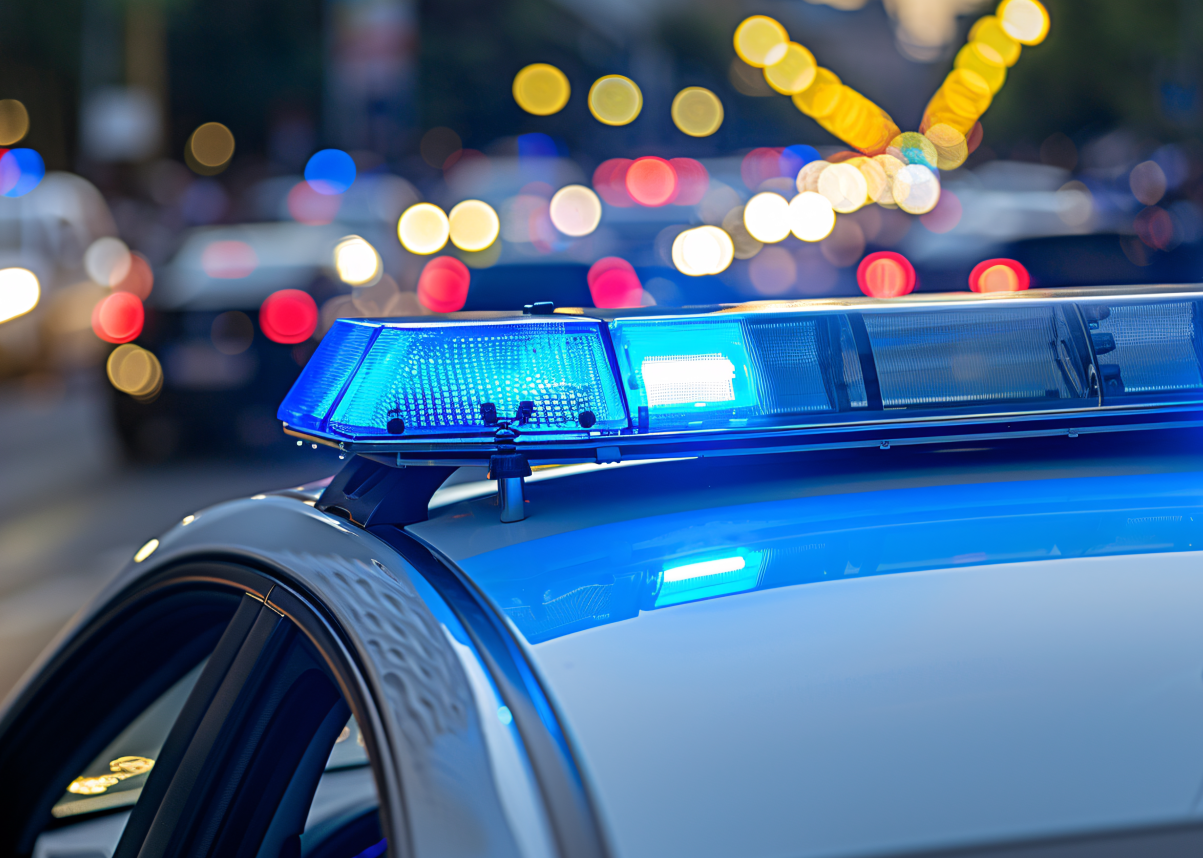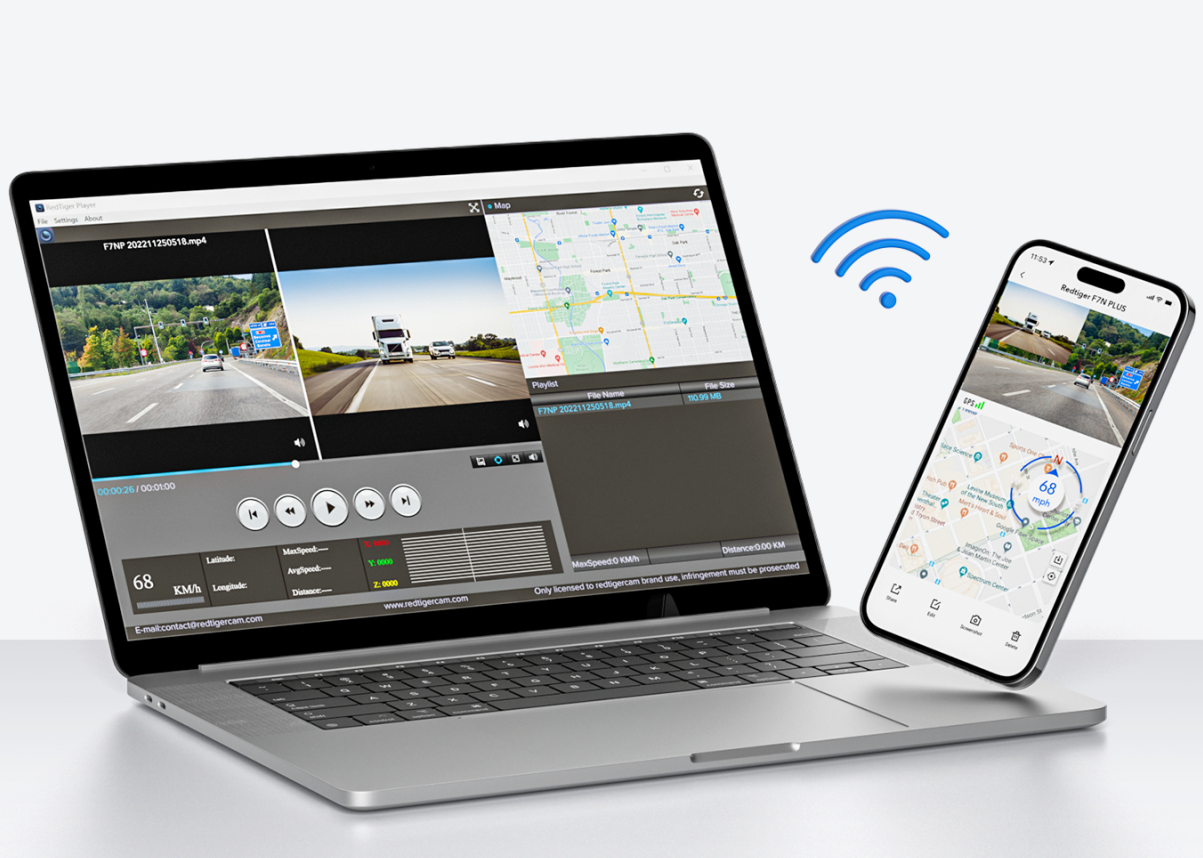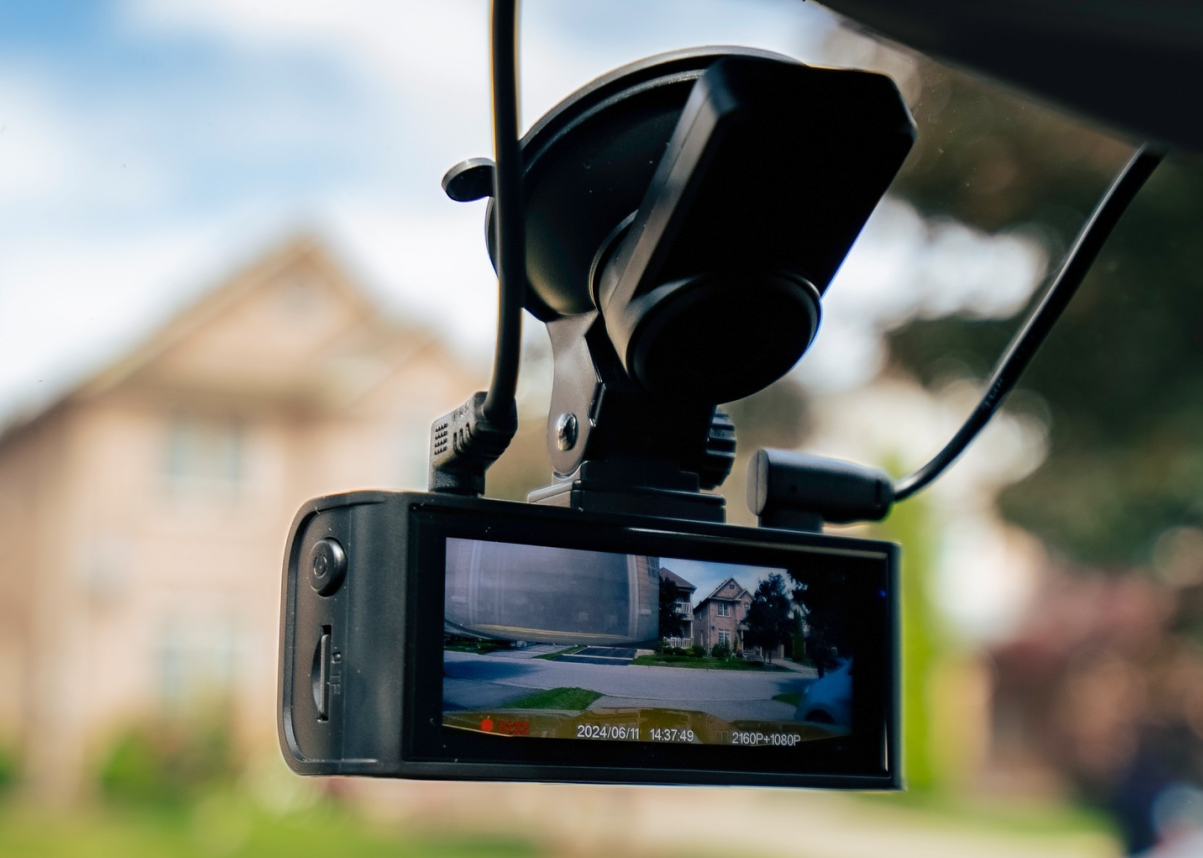Inside this Article:
Introduction
In today’s rapidly evolving world, the role of law enforcement is more scrutinized than ever before. Public trust is critical for effective policing, and one of the tools that have emerged to foster transparency and accountability is the police dash camera. This device is not just a gadget but a pivotal instrument in ensuring justice and maintaining public confidence in law enforcement agencies.
In this article, we will explore the differences between dash cameras and body-worn cameras, the benefits of equipping police vehicles with dash cams, their impact on public trust, privacy considerations, and ultimately, recommend the best dash cam for police use.
Dash cams vs body-worn cameras: Key differences explained
A common point of confusion is the difference between police dash cameras and body-worn cameras. While both devices are designed to record law enforcement activities, their usage contexts differ significantly.
A body-worn camera is typically attached to an officer's uniform, recording interactions with the public during stops, searches, or arrests. It provides a close-up perspective, capturing the officer’s point of view.
This is especially useful in documenting incidents like the apprehension of suspects or disputes where detailed interactions need to be recorded.
In contrast, a dash camera is mounted inside the police vehicle, usually on the dashboard or windshield. It records the events that unfold in front of or around the vehicle. Dash cams are crucial during vehicular pursuits, traffic stops, or incidents that occur near the patrol car.
They offer a broader view, covering the vehicle's surroundings and complementing the footage captured by body-worn cameras. Together, these tools provide a comprehensive evidence of events, safeguarding both the officer’s rights and public interest.
Key advantages of police vehicle cameras
The decision to equip police vehicles with dash cameras offers numerous advantages, particularly in the realms of transparency, evidence collection, and officer safety.
Firstly, dash cams enhance transparency by providing an objective account of police encounters. In situations where there might be conflicting testimonies, dashcam footage serves as an unbiased witness, helping to clarify the sequence of events.
Secondly, evidence collection is significantly bolstered by dash cameras. These devices record in real-time, capturing incidents such as traffic violations, pursuits, and even the moments leading up to and following a critical event.
This footage can be pivotal in court, providing clear evidence that supports the officer’s testimony or refutes false claims.
Moreover, officer safety is improved with dash cams. In high-stakes situations, such as a car accident that happened unexpectedly, the camera provides a continuous recording that can be reviewed if the officer is injured or accused of misconduct.
The presence of a dashcam can also act as a deterrent against aggressive behavior, as individuals are often more compliant when they know they are being recorded.
Building public trust through police vehicle cameras
Public trust is the cornerstone of effective policing, and dash cams play a significant role in building and maintaining this trust. When the public knows that police actions are being recorded and that these recordings are accessible for review, it fosters a sense of accountability.
Dash cams contribute to transparency by documenting every interaction, making it easier for police departments to provide clear and unaltered evidence to the public. This transparency is especially critical in controversial incidents, such as officer-involved shootings or high-speed pursuits. By releasing dashcam footage, police departments can address public concerns, showing that they have nothing to hide and are committed to accountability.
Besides, dash cams help counter false allegations. In an era where social media can quickly spread misinformation, having recorded evidence helps police departments to swiftly clarify facts, protecting officers from unfounded accusations and ensuring that the truth prevails.
Lastly, community relations improve when the public perceives law enforcement as transparent and fair, by providing indisputable evidence of police conduct, it can help to mend and strengthen the bond between police officers and the communities they serve.
Will Using a Dash Cam Impact Individual Privacy?
One of the primary concerns with the widespread use of dash cameras is the potential impact on individual privacy.
While these cameras are invaluable in promoting transparency, they must be used in a way that respects the privacy rights of both officers and civilians.
Dash cameras are generally focused on public spaces, where there is a lower expectation of privacy. However, when dashcams capture footage in more sensitive scenarios, such as private property or during the transport of suspects, departments leader must have clear policies in place to protect the privacy of individuals involved.
Balancing transparency with privacy is key. Law enforcement agencies need to ensure that the footage is securely stored and accessed only by authorized personnel. Additionally, any public release of dashcam footage should be carefully reviewed to ensure that it does not compromise personal privacy unnecessarily.
Recommended in-vehicle camera systems for police use
Selecting the right dash cam for police use is crucial, as it must meet specific operational requirements. The ideal police dash cam should offer high-definition recording, robust storage capabilities, and features that enhance functionality in various scenarios.
The Redtiger F17 Dash Cam stands out as the top choice for police vehicles. This model offers 4K + 1080P + 1080P triple-channel recording, which captures the road ahead, the vehicle’s interior, and the rear simultaneously.
This comprehensive coverage with night vision, ensures that no critical detail is missed during an incident.
It also equipped with 5GHz WiFi, allowing for seamless connectivity and quick access to footage from your phone. This feature is particularly useful in urgent situations where immediate review of the recorded material is necessary.
Moreover, the parking monitor function transforms the dashcam into a car security camera when the vehicle is stationary, providing 24/7 surveillance and protection. Especially beneficial in protecting police vehicles from vandalism or theft when they are not in use.
The user-friendly design and reliability of the Redtiger F17 make it an excellent choice for law enforcement agencies looking to enhance their operational efficiency and public accountability.
Conclusion
Police vehicle cameras: frequently asked questions
-
What is the difference between police dash camera and body-worn camera?
- A police dash camera is mounted on the vehicle and records events in front of or around the car, while a body-worn camera is attached to the officer's uniform, capturing close-up interactions from the officer's perspective.
-
How does a dash cam help improve police transparency?
- Dash cams provide objective, real-time footage of police encounters, which can be reviewed and shared with the public to ensure transparency and accountability in law enforcement actions.
-
Can dash cam footage be used in court as evidence?
- Yes, dash cam footage is often admissible in court and can serve as crucial evidence in legal proceedings, supporting the officer's testimony or clarifying disputed events.
-
Do police dash cams violate individual privacy rights?
- No, police dash cams are generally used in public spaces where there is a lower expectation of privacy. However, law enforcement agencies must implement policies to protect privacy when footage is captured in sensitive situations like transport of suspects.
-
What features should a police dash cam have?
- A police dash cam should offer 4K high-definition recording, multiple camera angles, reliable storage, WiFi connectivity for quick access to footage, and features like parking monitoring for vehicle security.







Leave a comment
This site is protected by hCaptcha and the hCaptcha Privacy Policy and Terms of Service apply.